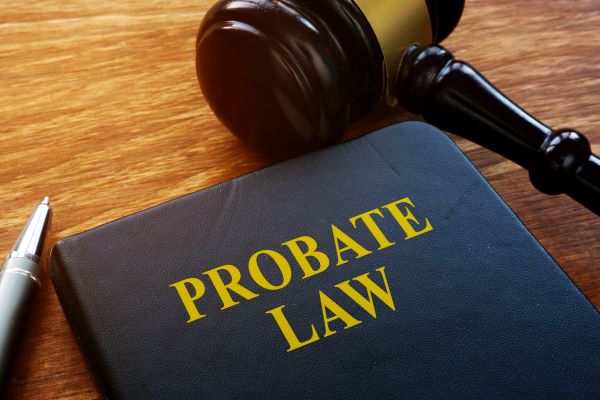
Using Buy-Sell Agreements in Your Estate Plan
You do not currently have a featured image set for this post. To set your featured image, click on the circular Meta View button and set your image in the box on the bottom right.
A buy-sell agreement is a legal document that clearly outlines how a company and/or its owners will distribute ownership shares after the death, retirement, departure or disablement of one of its owners.
This contract enables owners to redeem the stake of any departing owner. It thus eliminates some of the complications that could otherwise occur by having a surviving spouse or family member automatically take over that ownership stake.
In developing a buy-sell agreement, the main goal is to eliminate conflict and confusion by keeping the control and ownership among the people who will be primarily responsible for managing the business’s ongoing operations. The remaining owners or the company itself can purchase the departing owner’s shares, usually through a series of life insurance policies, or through investment accounts designated specifically for buy-sell agreements.
The “buy-sell” process begins as soon as a “triggering event” occurs. That event could be anything as listed in the contract, but typically includes death, disability, quitting, firing (with or without cause), reaching a certain age, divorce, acquisition by another company, initial public offering (IPO) or other change in personal, family or business circumstances.
The types of buy-sell agreements
There are several main types of buy-sell agreements you can use as a part of your business and estate planning. These include the following:
- Cross-purchase agreements: These types of agreements are perfect for partnerships, or corporations that have small ownership groups (three people or fewer). The remaining owners in the small ownership group directly purchase the ownership interest of the departing owner, rather than having to go through the company to do it.
- Stock-redemption agreements: These types of agreements are generally simpler and easier to structure than a typical cross-purchase agreement. As a result, they are better suited for corporations that have at least four shareholders. The corporation directly purchases any remaining shares of the departing owner, and those remaining owners each see an increase in value of the shares they possess, rather than an increase in the number of shares they hold, as would occur in a cross purchase.
- Hybrids: A hybrid buy-sell agreement takes elements of each of the above arrangements and combines them in a custom way that best suits the business in question. These arrangements typically put the priority for redemption with the corporation itself, but the shareholders also have the option of directly redeeming the shares of a deceased owner if the corporation is either unable or unwilling to do so.
The establishment of a buy-sell agreement can be a difficult subject to address when first forming a company or as it begins to grow. No one likes to think about their own mortality or the possibility that the business will someday be out of their control. However, it is necessary to ensure a smooth succession.
To learn more about buy-sell agreements and the strategy you should use, meet with an experienced Ohio business attorney at Seif & McNamee LLC.



